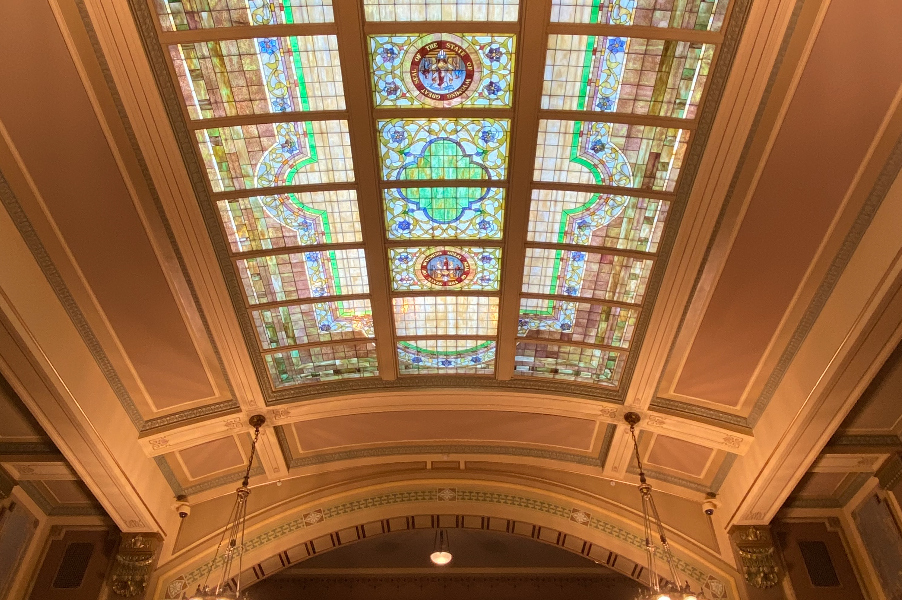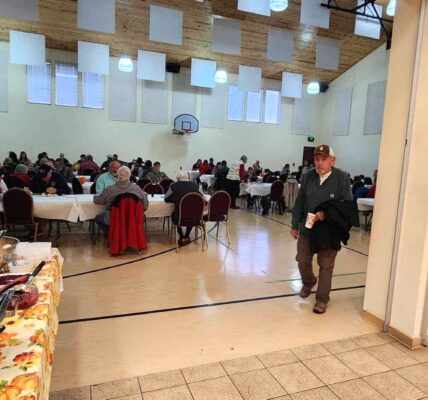House committee advances bill instituting 48-hour waiting period for abortions
By Tom Coulter
Wyoming Tribune Eagle
Via- Wyoming News Exchange
CHEYENNE – A bill that would require a 48-hour waiting period before a woman could receive an abortion in Wyoming was advanced Thursday afternoon by the House Judiciary Committee.
If House Bill 197 is approved by the full Legislature, Wyoming would join more than half the states in the U.S. that have some sort of waiting period before an abortion can be carried out.
The sponsor of the bill, Rep. Richard Tass, R-Buffalo, spoke first to the committee, arguing the bill provided “a gift of time for the baby.”
“I’ve got letters from ladies who’ve had an abortion, and they’ve explained to me how the decision was made in haste,” Tass said. “If they had had time to just consider what would happen, they said they no doubt probably would’ve made a different decision.”
When asked by Rep. Charles Pelkey, D-Laramie, Tass said he wasn’t aware of any other medical procedures that have a statutory waiting period. He also was unsure of exactly how many abortions might be prevented by instituting such a waiting period.
“If we only save one life, to my thinking, it is worth it,” Tass said.
The bill received more than an hour of debate in the committee meeting Thursday, with alternating testimony from those supporting and opposing the bill.
Currently, the only two abortion providers in the state operate in Jackson.
Rene Hinkle, an obstetrician-gynecologist based in Cheyenne, noted the 48-hour waiting period would make it all the more difficult to obtain an abortion in one of the nation’s wealthiest counties.
“That puts a burden on a patient to have to travel, they have to pay for the procedure for themselves anyway and then they have to wait 48 hours,” Hinkle said. “They can’t afford a hotel in Jackson for 48 hours to have it done … you’re basically making the procedure twice as expensive.”
Yet others who testified spoke from personal experience in favor of the legislation.
David Harney, a citizen from Sheridan, recalled a decision he made more than two decades ago when his 15-year-old daughter became pregnant. Being the parental guardian, Harney made the decision for his daughter to get an abortion in Colorado.
“By the next day, I was feeling some regrets,” Harney said. “My feeling is if I’d had 48 hours that I was required to think about this, I may have started to have my regrets much sooner and made a different decision. Since that day, I’ve felt guilty of taking a life, and I don’t want to wish that on anyone.”
There were also questions raised about a section of the bill that would punish doctors who didn’t implement the waiting period with a felony that carries a penalty of up to 10 years in prison.
Sheila Bush, executive director of the Wyoming Medical Society, said her group never takes a stance on the waiting period or any other issues related to abortion. But she said her 1,000-member group was unanimously opposed to penalizing physicians with felonies.
“Regardless of your decision on this bill and the matter at hand, which is the 48-hour waiting period, I would kindly ask you to take serious consideration of removal of the penalties,” Bush said.
However, as noted by other lawmakers, similar punishments that could actually lead to 14 years in prison were already in state statute. Before the vote on HB 197, Pelkey proposed an amendment to eliminate both of those felony punishments from the proposal. However, the amendment was overwhelmingly defeated.
Tass’ bill, along with a “heartbeat bill” making its way through the Senate, would mark the first major abortion laws passed by the Legislature since 2017.
That year, lawmakers approved two abortion-related bills, one requiring doctors to tell women seeking abortions in Wyoming that they have the right to see a fetus ultrasound before going forward with the procedure. The other bill prohibited the use of tissues from aborted fetuses for experimentation.
Ultimately, House Bill 197 won support from the committee by a 6-3 vote. It will now go to the House floor for a broader discussion among lawmakers.






